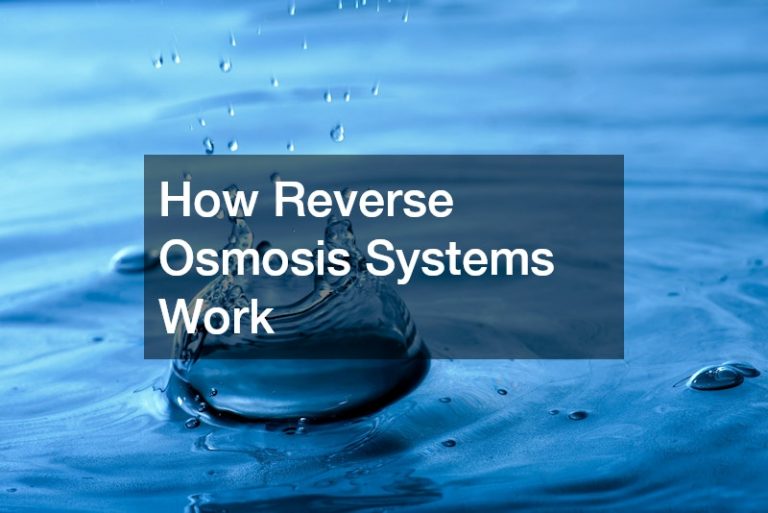
The environment is in trouble and we need to take steps to save it. After all, time is running out and acting now is necessary. It’s incredibly vital that we all take as many steps as we possibly can, from reducing waste to reducing fuel emissions. Fortunately, just about everyone is able to do something, even if it’s not that impactful in the grand scheme of things – but even small changes are far better than making no changes at all.
For instance, switching to reusable bags saves a great deal of plastic. In addition to this, reusing clothing (such as buying secondhand clothing instead of brand new clothing) and other elements in your home can also make an impact. So too can biking, walking, or taking various forms of public transportation instead of your car. Even carpooling can help to cut down on harmful fuel emissions.
But as much as personal changes are important and should be done as much as it is possible, it is industrial compliance and permitting that really can make a difference. Without industrial compliance and permitting, the environment is only likely to get worse, as environmental testing has found. Industrial compliance and permitting has fortunately become required for many different industries and industrial compliance and permitting will likely become more widespread than ever in the years that are ahead of us.
After all, industrial compliance and permitting does not just protect the environment, but people as well. After all, consider any given real estate assessment, either for a residential home or a commercial building of some sort. As indoor air quality has become hugely important, this also can fall under industrial compliance and permitting standards for any given building.
Unfortunately, indoor air quality is often far from what it should be, as indoor air can be up to hundreds of times more polluted than the air that we breathe in outside. There are many things that can cause this. Asbestos, for instance, is one such cause. After all, more than 800,000 tons of asbestos were extracted and process in the year of 1973 – and that’s just in the United States alone. In many buildings, asbestos are still present and can lead to the development of a number of medical conditions in up to 10% of those who face routine exposure to them. Among these conditions is cancer, which can all too easily become life threatening.
Mold is another problem when it comes to indoor air quality, and mold can all too easily develop when water damage occurs in any given home or place of business. And water damage is more common than many people realize and can occur in a number of different ways. In fact, more than 95% of all basement spaces are likely to experience some level of water damage at some point in time. In addition to this, the average roof bears a tremendous amount of water each and every time it rains, with one inch of rain burdening the typical roof with up to 600 gallons of water. If there’s a problem with the roof to begin with, there will likely be even more of a problem during and after the rain.
And mold testing is essential in any building that has ever sustained and experienced such water damage before. After all, it is thought that every single type of mold out there can be harmful in some way to human health and in some cases even cause very severe problems indeed. Therefore, industrial compliance and permitting standards must also work to ensure that mold is not present in any given building as well. Not only will this involve a thorough mold testing, but a mold sampling as well, should mold end up being found.
At the end of the day, things like industrial compliance and permitting standards are hugely important indeed and there is certainly no getting around this fact. Such standards are widely and hugely important for the health and safety of all people in this world, as well as for the overall well being of our environment. As our environment is currently in dire straits, such things have become truly more important than ever before.



